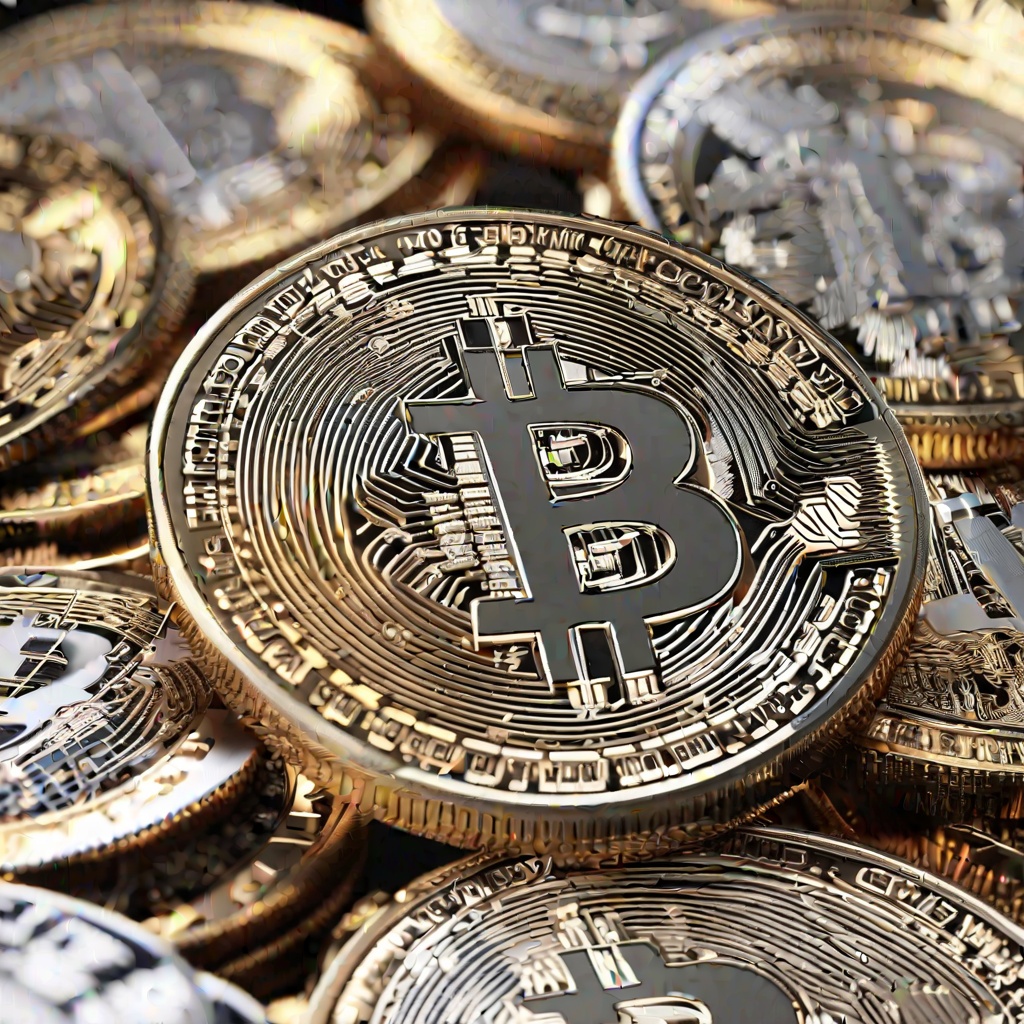On which blockchain is Chainlink?
Ah, that's an interesting query indeed. You're asking about the blockchain that Chainlink operates on. Let me see if I can provide a concise yet informative answer. Chainlink, as you may know, is a decentralized oracle network that enables secure and reliable connections between smart contracts and external data sources. But the question is, on which blockchain does it reside? Well, the beauty of Chainlink is that it's blockchain agnostic. That means it's not tied to a single blockchain but can operate across multiple ones. So, you'll find Chainlink integrated with various blockchains, including Ethereum, Polkadot, Binance Smart Chain, and many more. This versatility allows Chainlink to provide its oracle services to a wide range of blockchain ecosystems, enabling secure and reliable data feeds and payments for smart contracts. In short, Chainlink isn't confined to a specific blockchain; it's a cross-chain solution, bridging the gap between different blockchain networks. Does that answer your question? Or do you have any further inquiries about Chainlink or other aspects of cryptocurrency and finance?

Who invented blockchain?
Who invented blockchain?" This question has indeed piqued my curiosity. Blockchain technology, which has revolutionized the world of finance and beyond, is a fascinating concept that has its roots in multiple fields and contributions. The journey to its invention is not a straightforward one, as it involves a blend of cryptographic principles, distributed networks, and decentralized concepts. We could trace back the genesis of blockchain to the works of several individuals and teams who were exploring the possibilities of digital currencies and secure ledgers. However, the name that often comes to the forefront is Satoshi Nakamoto, the pseudonymous creator of Bitcoin. Bitcoin, the first successful decentralized digital currency, utilized blockchain technology to enable secure, transparent, and tamper-proof transactions without the need for a central authority. But Nakamoto's work didn't happen overnight. It was built upon decades of research and development in cryptography, distributed systems, and network security. The question of "who invented blockchain" is perhaps more nuanced than a single individual. It's a collective effort of many minds, each contributing to the evolution of this remarkable technology. So, while we might associate blockchain with Nakamoto and Bitcoin, it's important to recognize that the true invention of blockchain is a collaborative effort, drawing from various fields and contributions over time.

Is Deloitte using blockchain?
I'm curious to know, is Deloitte utilizing blockchain technology in its operations? It seems like blockchain is gaining traction in various industries, and Deloitte, as a leading financial services firm, would naturally be at the forefront of such advancements. Could you elaborate on whether Deloitte is indeed exploring or implementing blockchain solutions? I'm particularly interested in understanding how such technology might enhance Deloitte's services or improve efficiency within the firm. Your insights would be greatly appreciated.

Is Polygon its own blockchain?
Excuse me, I'm just trying to wrap my head around this blockchain technology. Could you please clarify for me whether Polygon is indeed its own standalone blockchain? I've heard it mentioned in relation to Ethereum, but I'm not quite sure if it's a separate entity or just a component of the larger Ethereum ecosystem. If it's its own blockchain, how does it differ from others like Ethereum? And what are the unique benefits or features that Polygon offers? Your explanation would be greatly appreciated.

Which country is leading in blockchain?
Which country is currently leading in blockchain technology?" This is a question that's constantly on the minds of those interested in the rapidly evolving world of cryptocurrencies and decentralized systems. Blockchain, the underlying technology that powers Bitcoin and many other digital currencies, has the potential to revolutionize numerous industries, from finance to healthcare to supply chain management. As a keen observer of these developments, I often wonder which nation is at the forefront of this technological revolution. Is it the United States, with its vibrant tech ecosystem and deep pockets for research and development? Or perhaps China, which has been aggressive in its pursuit of blockchain patents and applications? Europe, with its strong focus on data privacy and security, might also be a contender. The answer, however, is not as straightforward as it might seem. Blockchain is a global phenomenon, and many countries are actively investing in its development and adoption. Each nation brings its unique strengths and perspectives to the table, shaping the evolution of this transformative technology in different ways. The real question, perhaps, is not who is leading, but how we can all collaborate to harness the full potential of blockchain for the benefit of society at large.

